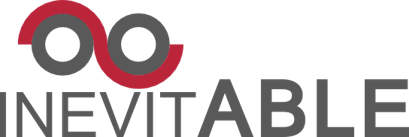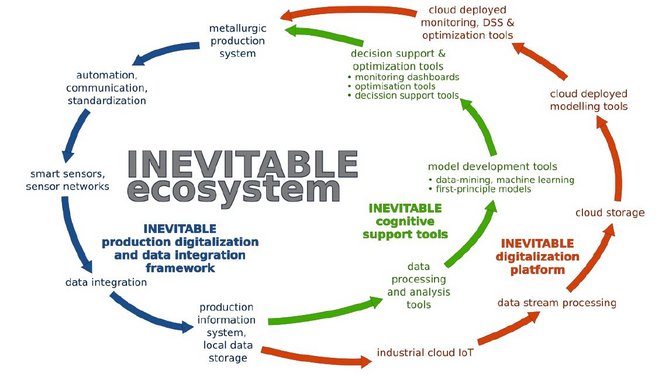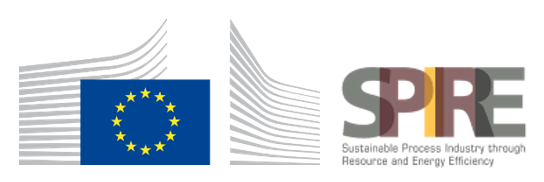Projekt Inevitable
OptImization aNd pErformance improVing In meTAl industry By digitaL tEchnologies
Overall approach
The INEVITABLE Innovative Action aimed to realize a fully digitalized monitoring technology for an optimized and improved
performance of manufacturing processes. Use cases from the energy and resource intensive sectors steel and nonferrous
metals were addressed, whereas the considered manufacturing sites were in Slovenia, Austria and Spain covering primary and
secondary steelmaking and investment casting of nonferrous metal alloys.
The focus of INEVITABLE was to develop high-level supervisory control systems for different production plants and on the
demonstration in operational environment (TRL 7) to enable autonomous operation of the processes based on embedded
cognitive reasoning. Key Performance Indicators were defined related to resource consumption and product qualities.
Based on that, a full digital transformation of the plants was done including acquisition, storage, processing and analytics
of data streams, furthermore, communication and automation, and finally, standardization of relevant data interfaces.
Predictive models were developed being combined with smart and networked sensor technologies to correlate process
parameters with quality indicators of the manufactured products. The models were tested in offline mode on the one hand,
and in online mode on the other hand by means of comprehensive plant trials at the industrial partner sites. Dissemination
activities transferred the knowledge throughout the SPIRE sectors. The industrial partners were supported by scientific
partners with excellent competences in the field of digitalization.
INEVITABLE should improve the capabilities for reliable and real-time control logics of final product properties and process
efficiency to increase the flexibility of plant operators. Improved and flexible production performance was expected with a
simultaneous reduction of resource consumption and CO2 emissions contributing to a more competitive and sustainable
metallurgic industry within the EU.
Objectives
The general objective of the proposed project was to improve the performance indicators in the steel and nonferrous metals sectors by retrofitting existing production sites by digitalization technologies and elevating overall digitalization level. Mechanical upgrades of the equipment were not subject of this project. In steel production plants, production process chains are similar to significant extent. This means that provided digitalization solutions can be used in many similar processes in various steel production plants, by only limited required modifications. The goals of digitalization were the following,
- Improve energy efficiency and in this way reduce negative impacts to the environment,
- Improve product quality, reduce scrap and in this way improve energy efficiency;
- Improve process repeatability,
- Optimize production processes by providing accurate process models to test the effect of process parameters and setting prior the production process,
- Provide model based soft sensors for estimation of unmeasured process variables to better control the process,
- Provide methods for process diagnostics and condition monitoring.
In many cases, it is possible to detect process errors before they become critical and cause process interruption.
The mentioned goals should be achieved at several selected processes in the resource and energy intensive metal industry. By preliminary analysis of end-user needs, we identified several metallurgical processes possessing a significant opportunity for improvement of performances by means of digitalization and related technologies. These process routes were:
- Electric Arc Furnace (EAF) steelmaking,
- Secondary steelmaking via Ladle Furnace (LF) treatment and Vacuum Degassing (VD),
- Cold rolling steel processing,
- Nonferrous alloy casting process.
Framework:
Project runtime:
01.10.2019 – 31.03.2023
Funding scheme:
H2020-NMBP-ST-IND-2018-2020
SPIRE-06-2019,
This project has received European Union’s Horizon 2020 research and innovation funding under grant agreement No. 869815.
Project consortium:
- Jozef Stefan Institute
- Azterlan
- BFI - VDEH-Betriebsforschungsinstitut
- Compureg Plzen S.R.O.
- Eibar precision casting
- K1-MET GmbH
- Sidenor Aceros Especiales SL
- Siemens D.O.O.
- SIJ Acroni
- The royal institute of technology, material science and egnieering process unit
- University of Ljubeljana
- voestalpine Stahl GmbH

 DE
DE EN
EN

